Distilled water for Houseplants.
ACBROSS
12 years ago
Related Stories
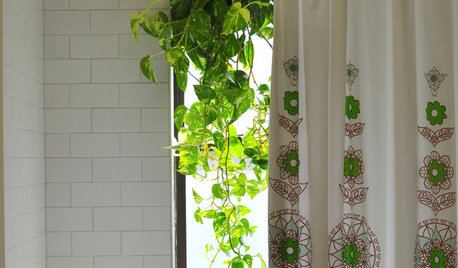
MOST POPULARThe Perfect Houseplant for People Who Kill Houseplants
If you can fill a jar with water, you can keep golden pothos vine happy — and it will pay you back with cleaner air and a greener home
Full Story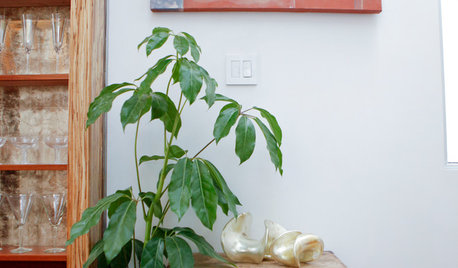
DECORATING GUIDESMeet a Houseplant That Doesn't Mind Neglect
Got better things to do than remember to water your houseplants on schedule? Schefflera will forgive and forget
Full Story
HOUSEPLANTSMeet a Long-Lasting Houseplant With a Forgiving Heart
Low light and little watering won't scar Zee Zee plant for life; this East Africa native has a tolerant nature and an exotic beauty
Full Story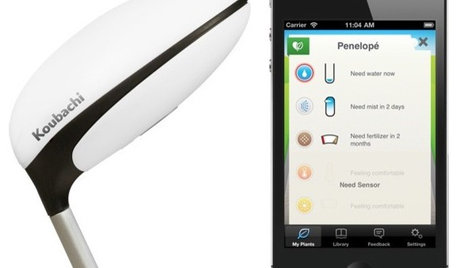
HOME TECHHello, It's Your Houseplant Calling
Or even tweeting. Today's apps and gadgets let plants communicate in better ways than with a show of withered leaves
Full Story
CONTAINER GARDENSHappy Houseplants, Happy People
Potted plants add life and beauty to a room. Learn easy ways to keep them healthy
Full Story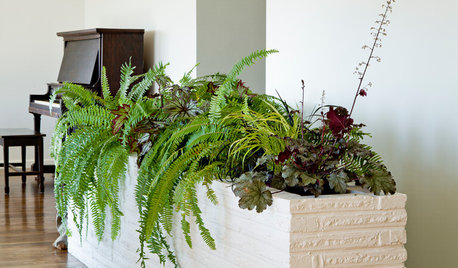
HOUSEPLANTS8 Houseplants You Can't Kill
They're forgiving and let you forget. Houseplants don't get any easier than this
Full Story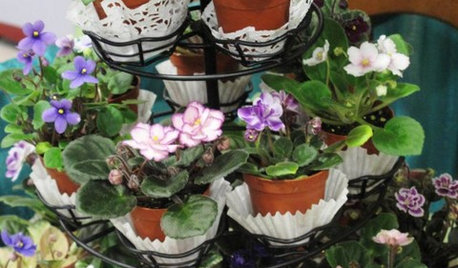
HOUSEPLANTSRetro Houseplants Get a New Look
The wild and crazy houseplants of the 1970s make a splash in today's interiors
Full Story
HOUSEPLANTSMeet a Houseplant With Excellent Communication Skills
It droops when thirsty, revives quickly and thrives under fluorescents. You may want to hire this hard worker for both home and office
Full Story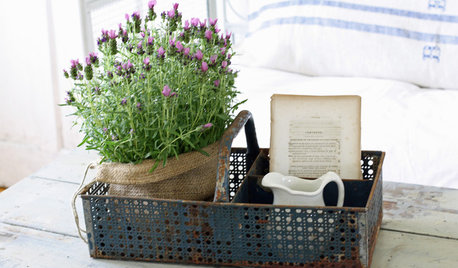
HOUSEPLANTSOutsmart Winter — Make Houseplants of Your Garden Growers
No need to watch Jack Frost play Wreck the Rosemary. Bring your garden inside for the winter, using containers and these guidelines
Full Story
HOUSEPLANTSAim High With This Tall African Houseplant
Corn dracaena can give you a big splash of green with little fuss
Full StoryMore Discussions






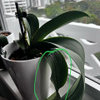

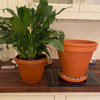
tapla (mid-Michigan, USDA z5b-6a)
Lamora
Related Professionals
Surprise Landscape Architects & Landscape Designers · Leawood Landscape Architects & Landscape Designers · Manorville Landscape Architects & Landscape Designers · Zion Landscape Architects & Landscape Designers · Billerica Landscape Contractors · Surprise Landscape Contractors · Fort Atkinson Landscape Contractors · Golden Landscape Contractors · La Vista Landscape Contractors · Lakeville Landscape Contractors · Lemoore Landscape Contractors · Overland Park Landscape Contractors · Sammamish Landscape Contractors · Shafter Landscape Contractors · Lake Elsinore Interior Designers & DecoratorsJoe1980
birdsnblooms
Lamora
tapla (mid-Michigan, USDA z5b-6a)
Joe1980
birdsnblooms
Joe1980
RickButcher